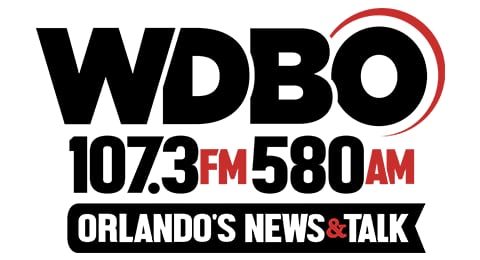SAN FRANCISCO — (AP) — Major social media platforms such as Instagram and YouTube have failed to protect LGBTQ+ users from hate and harassment, in part, because they intentionally rolled back previous safety practices, the advocacy group GLAAD said Tuesday in its annual Social Media Safety Index.
The report said that recent "unprecedented hate speech policy rollbacks" from Instagram and Facebook parent Meta Platforms and Google's YouTube are "actively undermining the safety of LGBTQ people" both online and offline. Meta's rollback now allows users to call LGBTQ people "mentally ill," among other policy changes.
The scorecard assigns numeric ratings to each platform with regard to LGBTQ safety, privacy, and expression. Elon Musk's X received the lowest score at 30 out of 100, while TikTok came in highest at 56. Meta's Facebook, Instagram, Threads and Google's YouTube were in the 40s. The group's methodology has changed since last year, so the scores are not directly comparable to previous reports.
“At a time when real-world violence and harassment against LGBTQ people is on the rise, social media companies are profiting from the flames of anti-LGBTQ hate instead of ensuring the basic safety of LGBTQ users," said Sarah Kate Ellis, GLAAD's president and CEO.
While X has received the lowest scores since Musk's takeover of the platform in 2022 — when it was called Twitter — Meta's backslide can largely be attributed to its recent policy shift. CEO Mark Zuckerberg said in January that Meta is removing restrictions on topics like immigration and gender “that are out of touch with mainstream discourse,” citing “recent elections” as a catalyst. GLAAD calls the rollback ”particularly extreme."
Representatives for Meta, TikTok and X did not immediately respond to messages for comment.
GLAAD said Google recently removed “gender identity and expression” from YouTube's list of protected characteristic groups, which suggests that the platform is "no longer protecting transgender, nonbinary, and gender-nonconforming people from hate and discrimination."
Google says this is not the case.
"We confirmed earlier this year our hate speech policy hasn't changed. We have strict policies against content that promotes hatred or violence against members of the LGBTQ+ community and we continue to be vigilant in our efforts to quickly detect and remove this content," Google said in a statement.
Although GLAAD acknowledges Google's statement, the organization stresses that gender identity has not been restored as a protected characteristic on YouTube's hate speech policy page.
“YouTube should reverse this dangerous policy change and update its ‘Hate Speech’ policy to expressly include gender identity and expression as a protected characteristic,” the report says.
GLAAD's report makes policy recommendations for protecting LGBTQ users, though it's unclear if the platforms will take these up, given that many have rolled back such protections. For instance, GLAAD says platforms should protect LGBTQ people from hate, harassment and violence, prohibit targeted misgendering and “deadnaming” of transgender users and explain steps it takes to stop wrongfully removing or demonetizing legitimate accounts and content related to LGBTQ topics.
Copyright 2025 The Associated Press. All rights reserved. This material may not be published, broadcast, rewritten or redistributed without permission.










